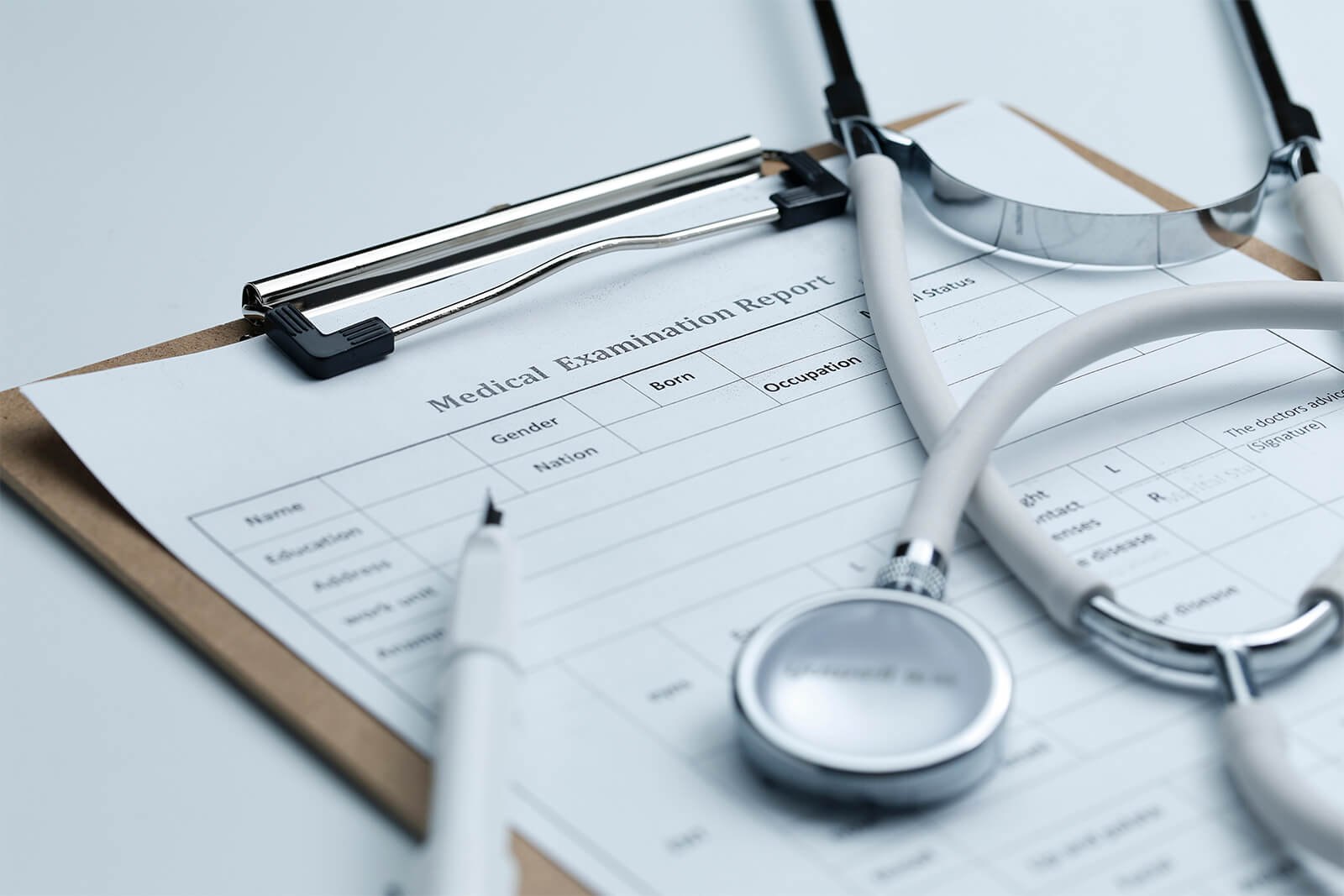Exactly why are medical examinations necessary?
Since they aid in the diagnosis and treatment of a variety of medical conditions, physical examinations are an essential component of healthcare. In this blog post, we’ll discuss what a medical examination is, why it’s important, and what to expect.
What Happens During a Medical examination?
Medical evaluations are assessments performed by healthcare professionals to ascertain a patient’s general health and identify any anomalies or health issues. These evaluations can be done in a hospital, a doctor’s office, or a specialized medical facility, among other places. Medical examinations may be performed as part of a patient’s regular care, such as yearly physicals, or they may be requested in response to a patient’s specific symptoms or concerns.
Why are medical examinations required, exactly?
Exams by the doctor are important for several reasons. First off, patients help discover potential medical ailments or issues even when they are not displaying any symptoms. This makes it possible for medical professionals to provide quick intervention and care, improving patient outcomes and halting the problem’s escalation.
Second, medical examinations give healthcare professionals a chance to identify risk factors for certain medical conditions. This may include genetic risk factors like a family history of a certain disease as well as environmental dangers like smoking or maintaining a sedentary lifestyle. By identifying these risk factors, healthcare professionals may provide patients with knowledge and resources to help them avoid or manage these disorders.
Finally, people can discuss any concerns or questions they may have with their doctor during a physical. Examples of this include questions about any prescribed medications, dietary changes, and any specific symptoms or problems the patient may be having.
What Should I Anticipate During a Medical examination?
The medical history of a patient, which includes any prior diseases, prescription medications, and family history, is frequently reviewed by a healthcare professional before beginning a physical examination. The patient’s eating and exercise habits, usage of alcohol or other drugs, and level of stress may also be brought up by the medical professional.
A physical examination will be performed by the medical professional after reviewing the patient’s medical history. Along with taking their height, weight, blood pressure, and heart rate, the patient may also have their eyes, ears, nose, throat, and skin visually examined. The medical professional may also check the patient’s heart and lungs and do other specialized tests if required, such as imaging or blood testing.
Following the examination, the doctor would frequently provide the patient a summary of their findings, including any illnesses or health issues they discovered. The healthcare professional may advise additional testing, medications, or lifestyle changes depending on the circumstance.
Finally, physicals are a crucial component of healthcare and are necessary for identifying and treating a variety of ailments. By being aware of what to expect during a medical examination, patients can prepare for this crucial evaluation and take an active role in managing their health.







